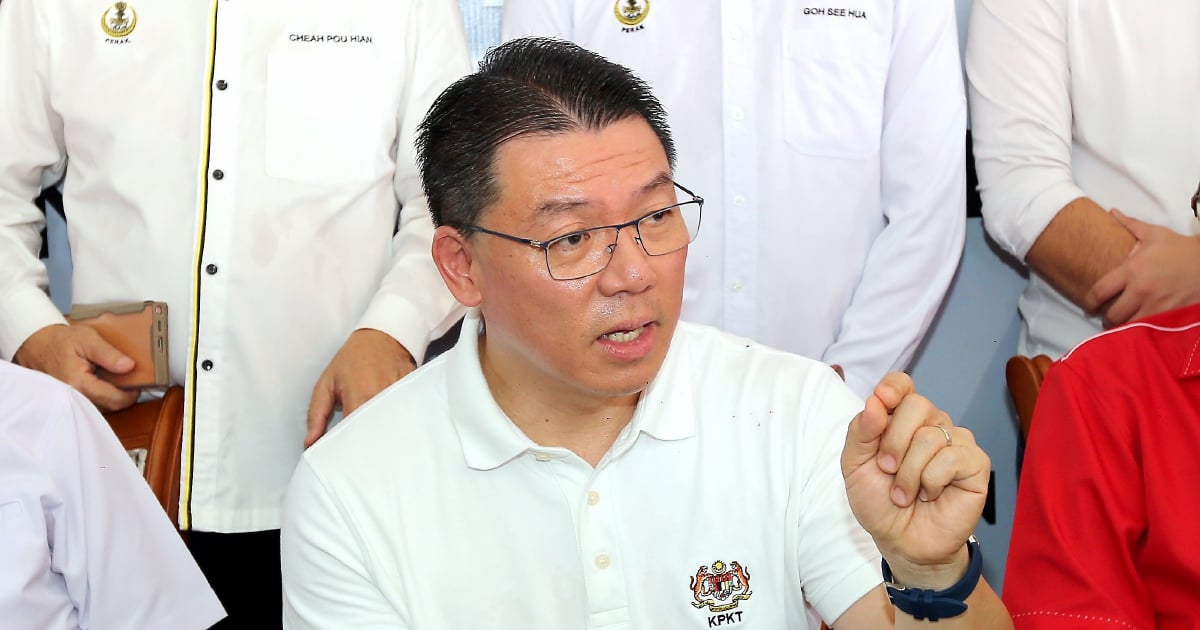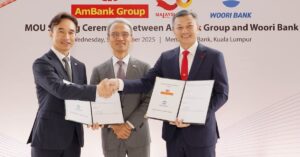KUALA LUMPUR: Malaysia and China have agreed to strengthen cooperation on smart city pilot projects, with plans to establish command centres in Malaysian cities like Ipoh and Seberang Prai.
The initiative was discussed during a bilateral meeting between Housing and Local Government Minister Nga Kor Ming and China‘s Housing and Urban-Rural Development Minister Ni Hong.
The meeting was held in conjunction with the 2025 China-Asean Ministerial Roundtable on Construction and Housing.
Nga said, as part of the collaboration, Malaysia will learn from China’s advanced urban platforms, such as Hangzhou’s City Brain and Shenzhen’s Smart City Data Platform.
“The pilot projects include said deployment of smart infrastructure such as energy-efficient systems, home automation, smart metering, and Internet of Things-based building management.
“Among others, the project includes digital connectivity for residents, including integrated apps for facilities booking, security, maintenance and community engagement.
“The project also includes features such as solar energy, waste separation systems, and water-saving technologies and social innovation in housing design, with elderly-friendly and family-centric elements,” he said in a statement.
Nga said these projects will serve as living laboratories for testing smart technologies, energy-efficient designs, and community-centric housing models.
By collaborating with China, he said, Malaysia can adapt proven solutions for its local context, covering everything from smart home integration and AI-driven housing management to affordable housing models for middle and low-income groups.
During the meeting, Nga also invited China to participate in the Asean+3 Real Estate Conference 2026, which will welcome South Korea and Japan as strategic partners for the first time.
The event will be held on July 29, 2026, at the Malaysia International Trade and Exhibition Centre.
Nga also proposed an exchange training programme between Malaysian and Chinese government officials to enhance skills and knowledge sharing in urban planning and public policy.
“The exchange programme will provide a valuable platform for our government officials to share expertise and learn best practices.
“This collaboration should not end at knowledge-sharing alone, but be followed through with multiple projects implementation in Malaysia,” he said.
As UN-Habitat Assembly president, Nga also welcomed China to play a more active role in advancing the global new urban agenda through financial contributions and policy endorsements.
He encouraged China to support the agenda’s integration into the UN Framework Convention on Climate Change.
The document will be launched on Nov 11 at the closing plenary of the Fourth Ministerial Meeting on Urbanisation and Climate Change, held alongside the 30th Conference of the Parties in Belém, Brazil.
“Urban challenges are no longer confined within national borders. Advocating the New Urban Agenda requires a truly global approach, where countries must work hand in hand to integrate sustainability and inclusivity into urban development.
“Malaysia stands ready to work with China and the international community to ensure that no one and no place is left behind in our pursuit towards SDG 2030,” he said.
© New Straits Times Press (M) Bhd






